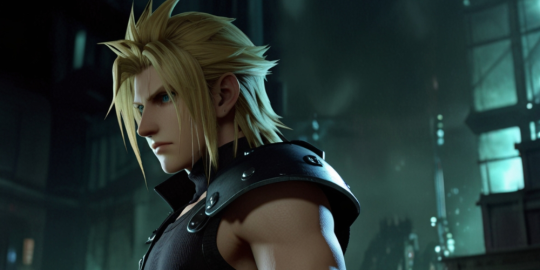
During my early teenage years, I stumbled upon something that would change my perception of video games forever: Final Fantasy VII. It was a title that spearheaded the evolution of the Japanese role-playing game (JRPG) genre, and I, like many others, was completely captivated. The combination of compelling storytelling, complex characters, and innovative gameplay mechanics introduced me to a universe unlike any I had experienced before. As I ventured into the world of Midgar, I didn’t realize just how impactful this game would be on the gaming landscape.
The Power of Storytelling
What struck me first was the narrative depth. The game was not just a series of quests; it spun an intricate tale of environmentalism, identity, and the struggle against oppression. I found myself invested in Cloud Strife's journey and the conflicts of his companions. Each character had their own backstory, motivations, and challenges that felt real and relatable. The storytelling mechanics—particularly the use of cinematic cutscenes—drew me into its world, making me feel like an integral part of the drama unfolding before me.
Complex Characters and Their Arcs
One of the most enjoyable aspects of Final Fantasy VII was its colorful cast of characters. Each character had their unique quirks and developments that added richness to the experience. I vividly remember being torn between my admiration for Tifa's strength and the profound connection to Aerith’s innocence. The developers expertly crafted these characters to evoke emotional responses, making their fates all the more impactful. Through their struggles and triumphs, I found reflections of my own experiences, further immersing me in their world.
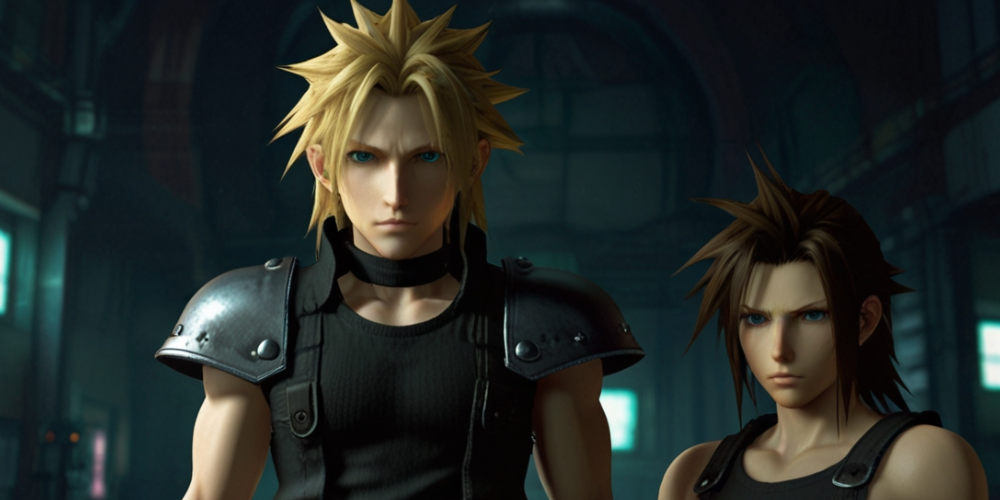
The Combat System: A Game Changer
When I first encountered the Active Time Battle (ATB) system, I was impressed by how it transformed traditional turn-based combat. It wasn’t merely about waiting for my turn; I had to think quickly and strategize while keeping an eye on the gauge. Combining regular attacks with the strategic usage of magic and summons added layers of complexity and excitement to each battle. I remember feeling a surge of adrenaline as I summoned Odin to devastate my foes or strategically cast Heal when my health was low.
The Materia System: Customization at Its Best
The Materia system stood out as one of the most influential gameplay mechanics. The ability to customize my characters by equipping Materia—magical orbs that granted spells and abilities—allowed for endless possibilities in building my party. I curated my skills according to my play style, making every character feel distinct in their roles. Whether I wanted to focus on physical attacks, powerful spells, or healing, the game provided this creative freedom. I found immense joy in experimenting and discovering synergies between Materia types.
Exploration and World-Building
Every inch of the game world felt alive and filled with a sense of wonder. From the sprawling city of Midgar with its claustrophobic environments to the dramatically open landscapes of the world map, exploration became a key element of my journey. Finding hidden treasures, encountering bizarre monsters, and unraveling secrets propelled me to invest more hours than I initially intended. The sense of discovery paired with breathtaking visuals for the time made the world feel vast and immersive.
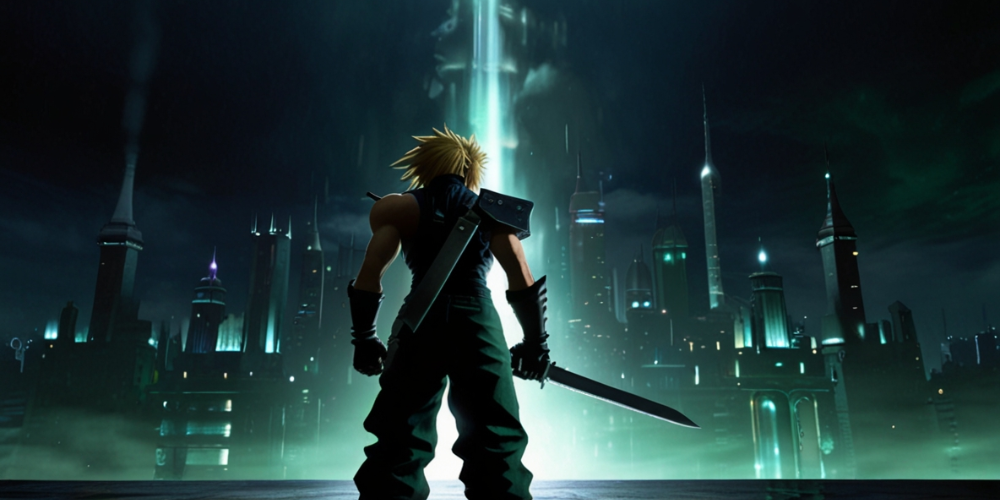
The Soundtrack: A Symphony of Emotion
No discussion of Final Fantasy VII would be complete without recognizing Nobuo Uematsu’s iconic soundtrack. The music encapsulated my experiences, significantly enhancing the emotional impact of pivotal moments. Whether it was the nostalgic strains of "Aerith's Theme" that made me weep or the adrenaline-pumping "One-Winged Angel" that defined the final battle against Sephiroth, the music became an indelible part of my journey. It added depth and resonance to every scene I witnessed.
Influence on Future JRPGs
As I delved deeper into the narrative universe, I began to recognize the profound impact Final Fantasy VII had on future JRPGs. It set a benchmark for storytelling by incorporating complex narratives and character-driven plots, clearly influencing titles like Persona and Xenogears. Developers began to prioritize character development and emotional engagement as standard practices, reshaping what the genre could offer. I could see echoes of its influence in the games I played afterward.
Revival Through Remake
Years after first experiencing Final Fantasy VII, the announcement of its remake brought back a rush of excitement. This modern reimagining not only updated the graphics and gameplay but also expanded on the original narrative, diving even deeper into character backstories. I eagerly followed the development, knowing I would get to re-experience the world I adored but with a fresh perspective. The remake revitalized my connection to the franchise and invited new players to explore the depths of its sprawling story.
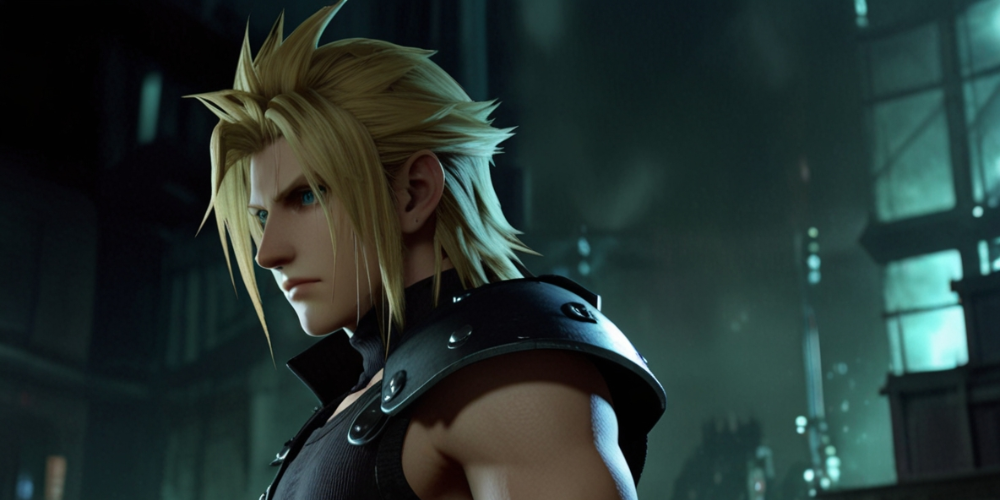
Environmental Themes and Ethical Questions
The themes of environmentalism and corporate exploitation in Final Fantasy VII struck a chord with me. The narrative's critique of the Shinra Electric Power Company, which drained the planet's life force for profit, introduced me to ethical dilemmas relevant to contemporary society. It sparked my awareness of real-world issues such as environmental degradation and corporate greed. This reflection on moral choices became a foundational aspect of the storytelling that I carried into other forms of media.
Cultural Impact of Final Fantasy VII
As I explored various fan communities, I realized that Final Fantasy VII had a cultural significance that transcended gaming. It carved out a space for JRPGs in Western markets, making it a cornerstone in gaming history. I witnessed countless discussions, fan art, cosplay, and theories that resonated within different mediums like anime and film. The game introduced intricate storytelling to a broader audience, crafting a legacy that future generations would cherish.
The Essence of Nostalgia
Reflecting on my journey with Final Fantasy VII, I realized how much nostalgia shaped my feelings about the game. The fond memories of late-night gaming sessions, character connections, and engaging gameplay have created an emotional bond that continues to endure. Even as I dive into new titles, the experience of battling iconic foes and exploring Midgar remains unparalleled, as each nostalgic moment draws me back to that original sense of wonder.
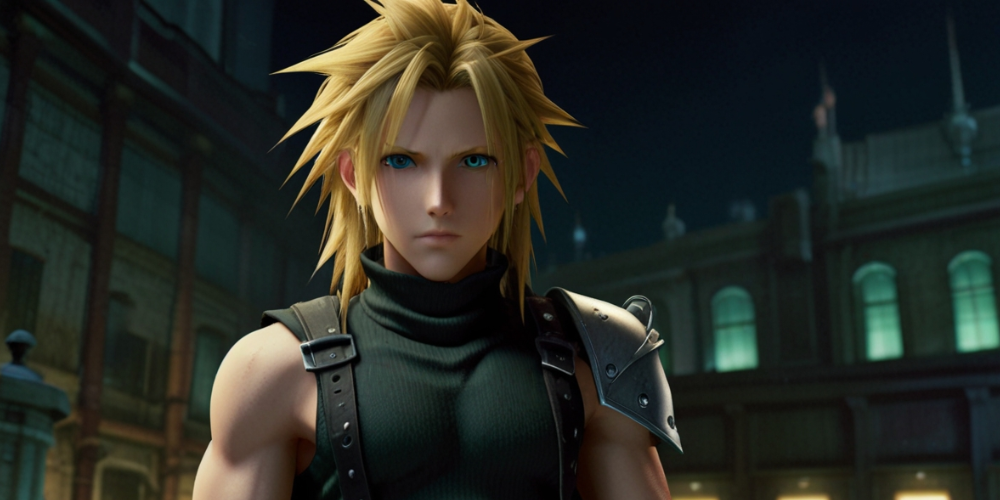
The Connection with Fans
Connecting with fellow fans has been one of the most gratifying parts of my experience with Final Fantasy VII. Whether engaging in heated debates about character motivations or discussing theories on forums, I have felt a sense of community that solidified my appreciation for the game. Sharing memories and experiences with others who felt the same way ignited an enduring camaraderie that went beyond mere fan service.
Innovative Visuals and Gameplay Techniques
Final Fantasy VII broke new ground with its cinematic presentation and graphical capabilities. The combination of pre-rendered backgrounds and polygonal character models was revolutionary, creating visual experiences that made the game stand out in an era of pixel art. The directing was careful, allowing gameplay to flow seamlessly into story-driven moments. This approach not only captivated players like me but also set a trend that many developers would adopt in the years that followed.
The Endless Legacy of Final Fantasy VII
Final Fantasy VII will always hold a special place in my heart. Its influence on the JRPG genre cannot be overstated; it’s not just a game but a phenomenon that captured the imaginations of millions. As I reflect on how it transformed my journey through gaming, I recognize its ongoing influence on current and future titles, ensuring it remains a cornerstone in the evolution of video game storytelling. The legacy it built will continue to inspire not only developers but also fellow gamers like me who share a love for immersive tales and unforgettable characters.